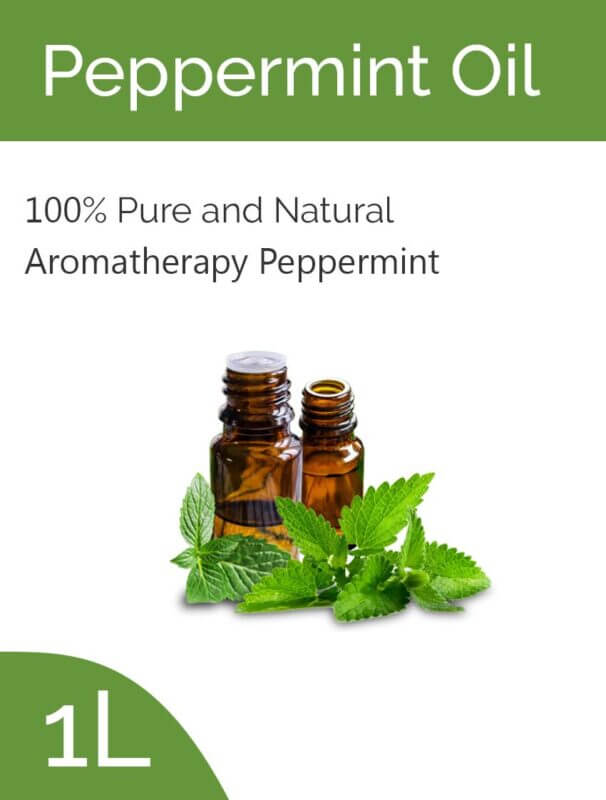Essential Oils
Essential Oils For Laryngitis – Remedy For Laryngitis
It’s important to note that while essential oils may provide relief for some individuals, they should not be considered a substitute for professional medical advice, diagnosis, or treatment. If you suspect you have laryngitis or any other medical condition, it’s crucial to consult with a healthcare professional for an accurate diagnosis and appropriate treatment plan.

That being said, if you choose to incorporate essential oils as a complementary approach, here are a few considerations:
- Patch Test: Before using any essential oil, perform a patch test to ensure you don’t have an allergic reaction. Apply a small amount of diluted oil to a small area of skin and monitor for any adverse reactions. Essential Oils For Laryngitis
- Dilution: Essential oils are highly concentrated, and using them undiluted can cause skin irritation. Dilute essential oils with a carrier oil (such as jojoba oil, coconut oil, or olive oil) before applying them to the skin.
- Inhalation: Using a diffuser to inhale the aroma of essential oils can be a safe method. Be cautious with direct inhalation, especially for individuals with respiratory conditions.
- Steam Inhalation: Adding a few drops of essential oil to hot water for steam inhalation can be effective. However, be careful not to burn yourself, and ensure the steam is not too hot.
- Avoid Ingestion: Ingesting essential oils can be harmful and should be avoided unless under the guidance of a qualified healthcare professional.
- Consistency: Natural remedies may take time to show results. Be consistent in your use of essential oils and give your body time to respond. Essential Oils For Laryngitis
Remember that individual responses to essential oils can vary, and what works for one person may not work for another. If symptoms persist or worsen, seek medical attention promptly.
Additionally, it’s essential to maintain overall throat health by staying hydrated, avoiding irritants (such as smoke and excessive alcohol), and practicing good vocal hygiene. If you are a singer or use your voice extensively, consider vocal rest and proper warm-up techniques.

